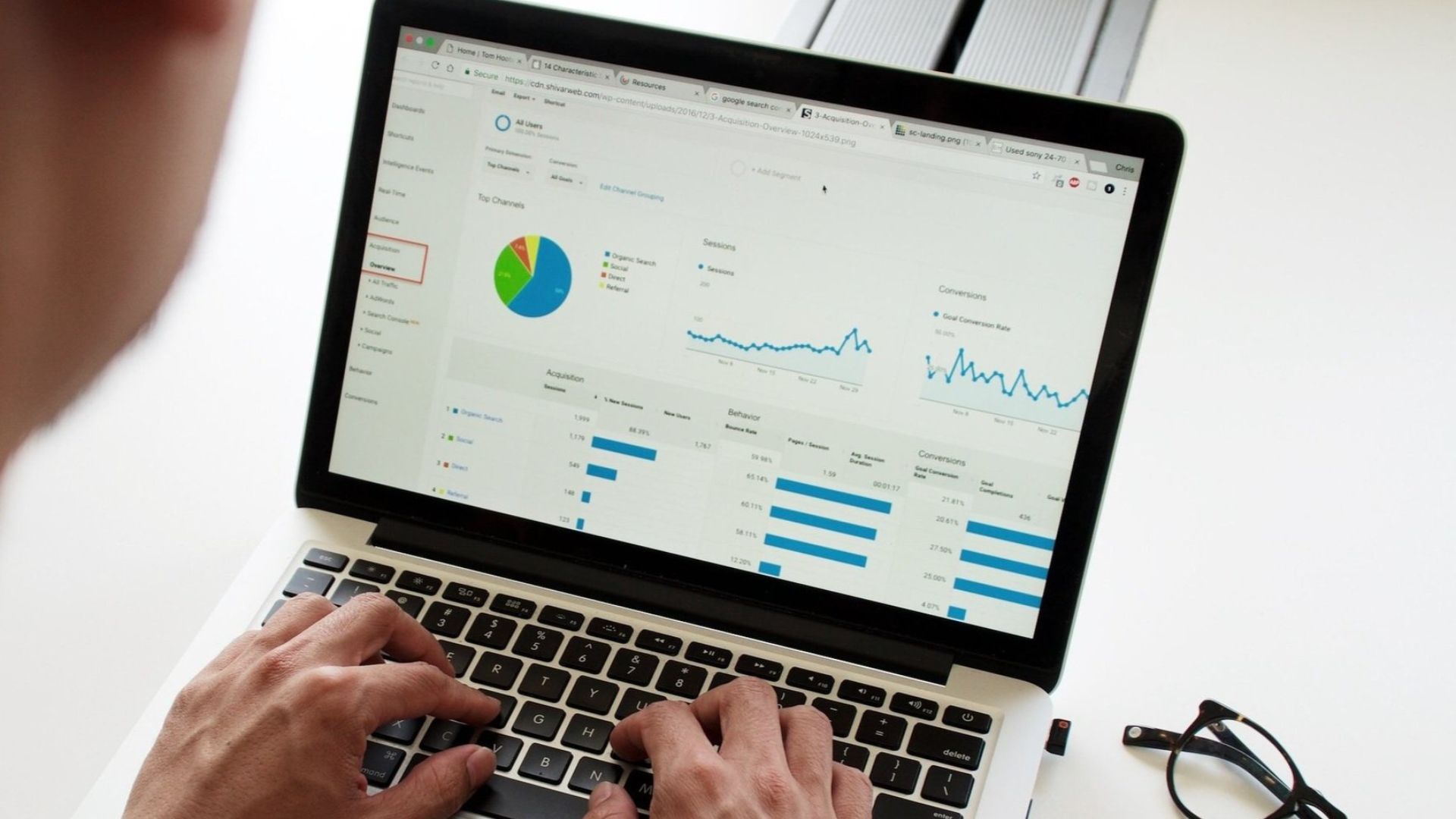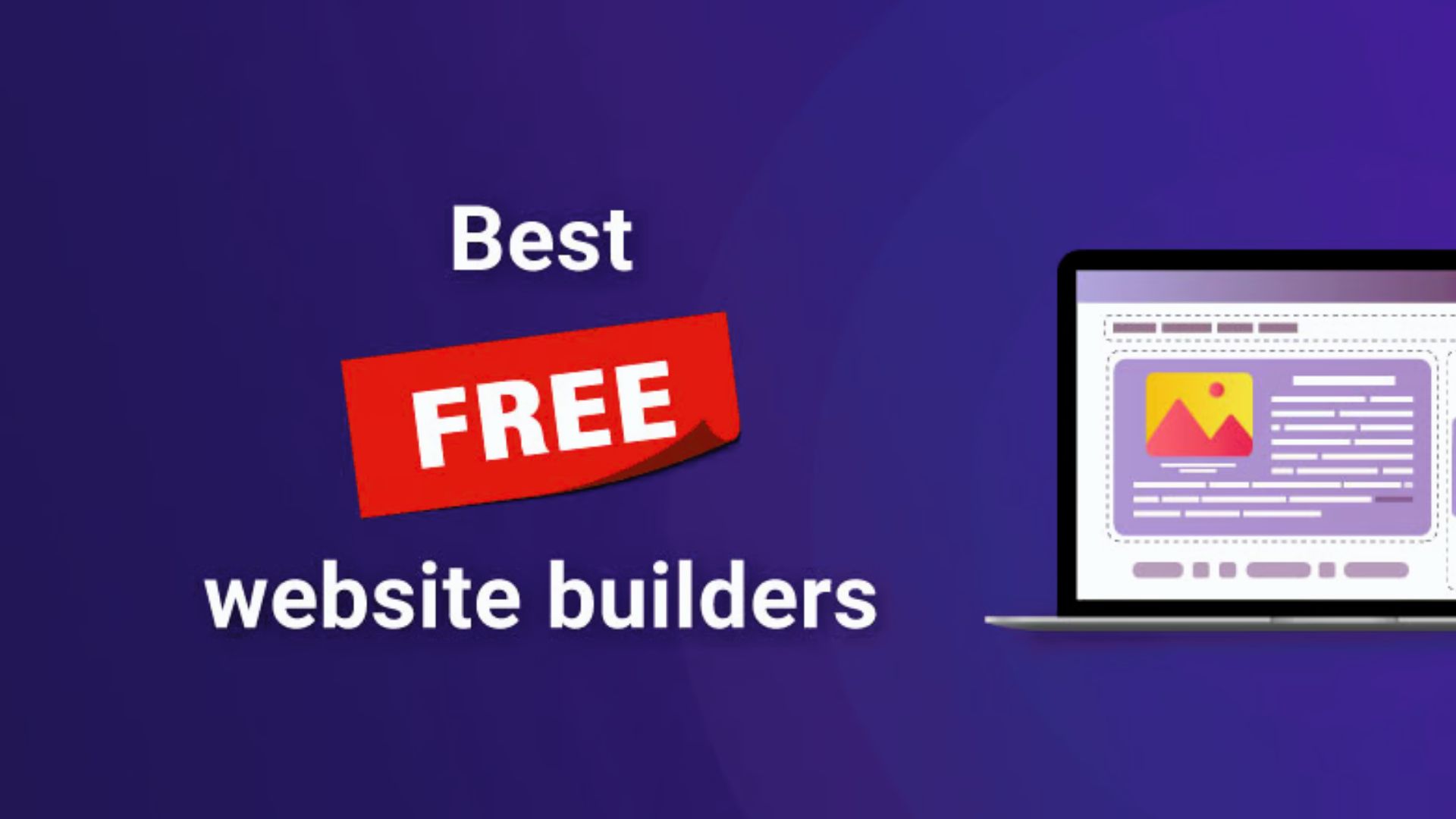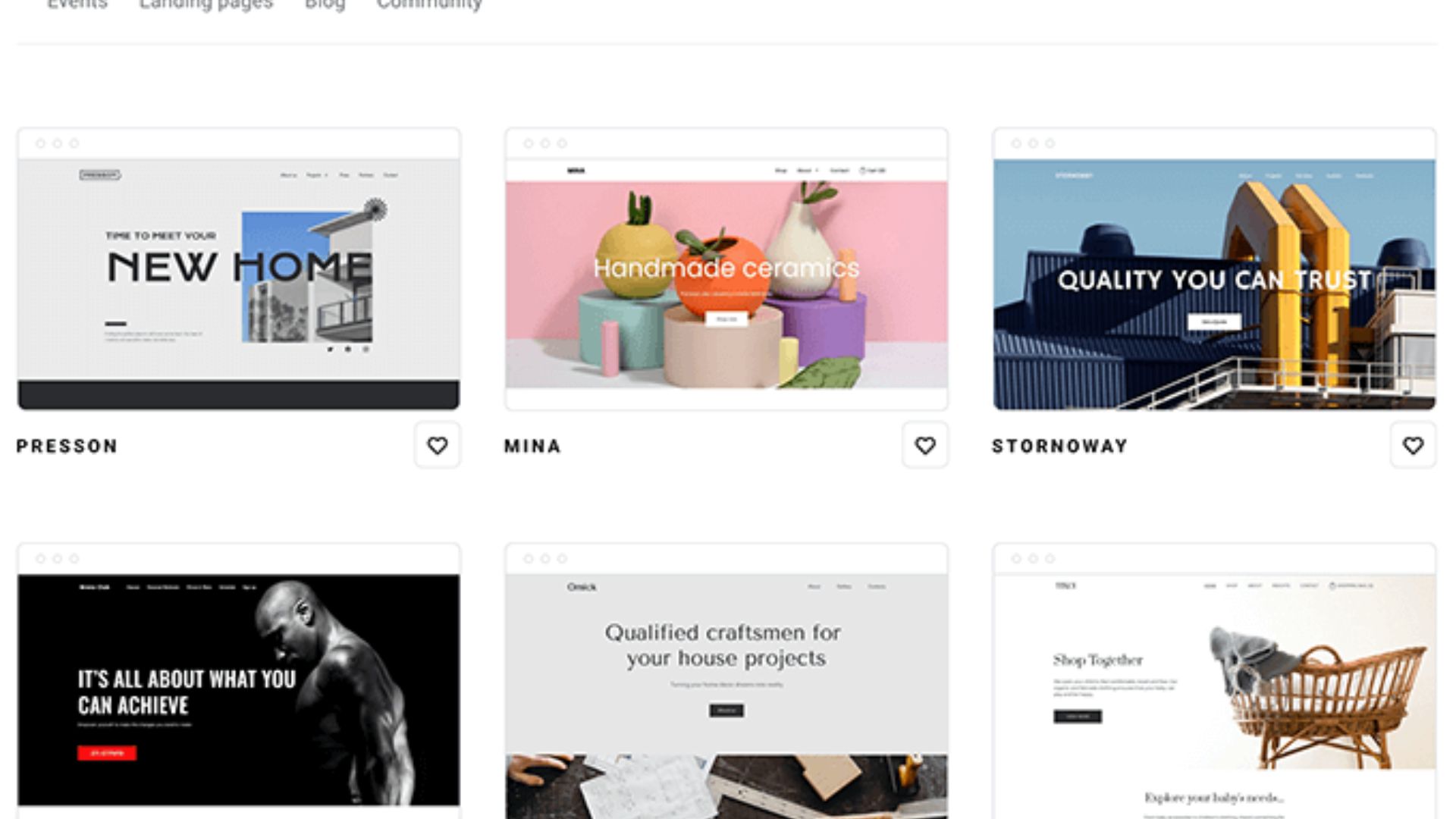Social media integration plays a crucial role in website promotion by leveraging the power of social platforms to reach a wider audience, increase brand visibility, and drive traffic to the website. Here are some key roles that social media integration serves in website promotion:
- Increased Reach and Audience Engagement: By integrating social media sharing buttons or widgets into a website, visitors can easily share website content with their social media followers. This amplifies the reach of the website’s content, exposes it to new audiences, and encourages engagement through likes, shares, comments, or retweets.
- Building Brand Awareness: Social media integration allows businesses to showcase their brand and website content directly on social media platforms. Sharing blog posts, articles, videos, or product pages from the website on social media platforms helps to increase brand awareness, establish authority in the industry, and attract new followers or customers.
- Driving Traffic: Social media integration can serve as a powerful driver of traffic to a website. When website content is shared on social media, it generates clicks and redirects users to the website. This influx of social media traffic can help increase website visits, engagement, and the potential for conversions.
- Improving SEO Rankings: Social media integration indirectly contributes to search engine optimization (SEO) efforts. When website content receives high engagement and generates social signals such as likes, shares, and comments on social media platforms, it can positively impact search engine rankings. Social media integration helps to create backlinks, improve online visibility, and enhance the website’s overall SEO performance.
- Utilizing User-Generated Content: Social media integration enables businesses to incorporate user-generated content on their website. By integrating social media feeds or embedding social media posts onto the website, businesses can showcase customer testimonials or reviews, user-generated images, or social proof related to their products or services. This authenticity and social proof can significantly influence potential customers and drive conversions.
- Enhancing Communication and Customer Relationships: Social media integration creates opportunities for direct communication with website visitors and customers. By embedding social media feeds or providing social media contact options, businesses can facilitate conversations, address inquiries, provide customer support, and build strong relationships with their audience.
- Tracking and Analytics: Social media integration allows businesses to track the performance and impact of social media efforts on website promotion. By using tracking pixels, link metadata, or analytics tools, businesses can gather valuable data on social media-driven website visits, conversions, and user behavior. This information helps fine-tune social media and website promotion strategies and make data-driven decisions.
In conclusion, social media integration serves as a powerful tool for website promotion. It enables businesses to expand their reach, drive traffic, build brand awareness, improve SEO rankings, elevate customer engagement, utilize user-generated content, and gather valuable insights. By integrating social media effectively into their website promotion strategies, businesses can tap into a vast online audience and maximize their online presence.










